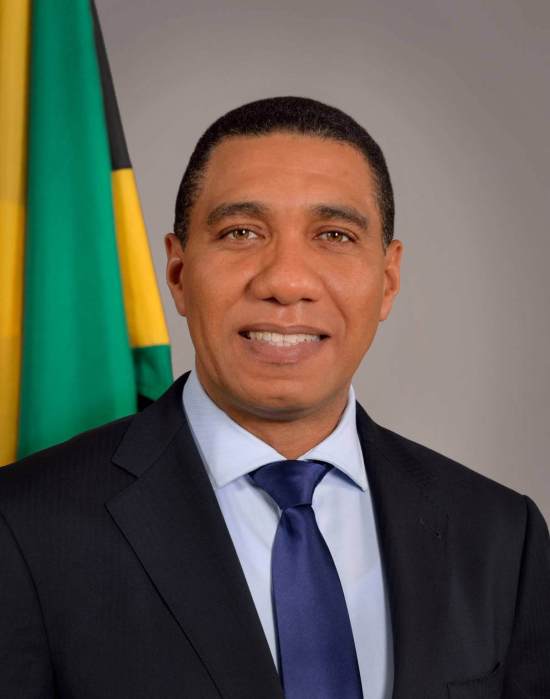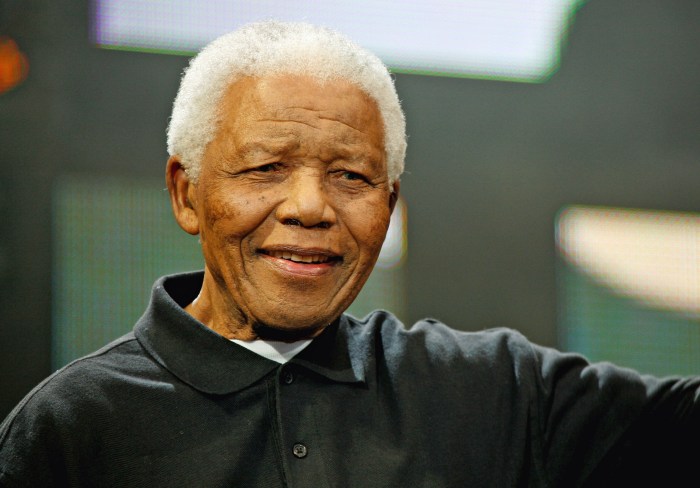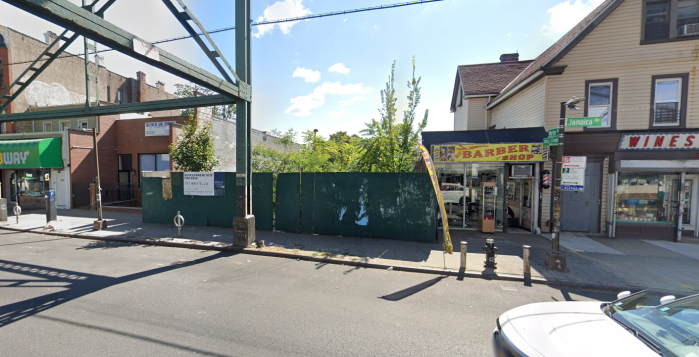Last month, Pan American Development Foundation (PADF) held an after-work conversation on the intersection of arts and development at the Liaison Capitol Hill Hotel, part of summer series of Hotel – sponsored soirées – sharing space with those taking a dip in the rooftop pool in Washington DC.
Actor and philanthropist Jimmy Jean-Louis, PADF’s ambassador for Haitian Children, Ciné Institute founder David Belle, Haitian gallery owner Gael Monnin, whose displayed selection of paintings from Haiti provided authenticity, and Haiti Cultural Exchange’s (HCX) Regine Roumain participated in a panel on the role for the Haiti art sector in fostering development in Haiti.
In welcoming remarks, OAS Assistant Secretary General Albert R. Ramdin extolled the creative efforts in Haiti, advocating that with innovative thinking, culture can help drive economic recovery. He cited the country’s renowned art, film and music.
Actor Jimmy Jean-Louis spoke of the need to do more to support artists and allow them to develop their own authentic voices and visions. “We have talent, we don’t have theaters,” he said. “If the private sectors build some theaters, they’d all be packed.” The Triumph and Rex Cinemas, in operation years prior to the earthquake, and then damaged, are being rebuilt. Their openings are “not far away.”
“The image of Haiti in the media is so bad,” he painfully reflected. “We’ve accomplished such extraordinary things and changed the world. That’s what we’ve done. We don’t need to imitate what we see on TV.”
Jean-Louis founded Hollywood Unites for Haiti, originally to promote sports and cultural activities for Haitian underprivileged youth. The organization’s mission has expanded its scope, post-earthquake, to support more vital rebuilding activities.
David Belle outlined how Ciné Institute in Jacmel, the country’s only film training institute, tuition free-of-charge, evolved from the three international film festivals in Jacmel that he co-founded and directed. Each edition of the festival included extremely popular filmmaking workshops with presenting filmmakers. From the great appreciation of and respect for cinema, Belle recognized, “Haitians want to see films about their own culture.”
At the panel, Belle spoke about how Nigeria has the third largest world film industry (after Hollywood, and India’s Bollywood); its growth owing to new technology, low budgets, local talent and direct sales and how there is a future for Haitian cinema and emerging opportunities in the broadcast market.
Ciné Institute’s two-year program graduated its first class in 2011. When classes were interrupted by the earthquake that hit Jacmel hard, students documented its affects.
The Institute has had three graduating classes –100 students, since its inception and graduates have been hired by non-governmental institutions (NGOs), to film and produce music videos, and to make commercials.
Ciné Institute is also partnering with the new Audio Institute, which offers a tuition free, two-year intensive training program to Haitians in all aspects of music production and audio engineering, as well as the business skills needed to flourish in the local and international music industries and skills for radio production, an integral aspect of Haitian life.
Next to speak on the panel, Gael Monnin stressed the importance of infrastructure in Haiti, both in roads, reliable access to electricity and the internet. Monnin lives in Haiti and is a third generation galleryist. “Infrastructure is important for stable businesses. In the visual arts, stability in the infrastructure helps provides the means for sales that support the artists.” She also mentioned how the private sector should be helping in sponsoring artists and supporting museums, of which there are very few. “Museums mean ‘you’re here to stay,’” she said.
Brooklyn-based HCX’s Regine Roumain was the panel’s bridge between Haiti/ Haitian artists, and the Haitian Diaspora. “I work to present Haitian artists in New York,” she said, speaking about the need to support working artists in Haiti. “They are creating under such difficult circumstances and with limited financial support,” she reminded those present.
HCX has sponsored artists from Haiti to present or collaborate with artists in New York and has also brought filmmakers from Haiti to its bi-annual Haitian film festival. She spoke of the need to provide professional development opportunities for these artists and to foster a wider market outside of Haiti for their work.
All the panelists agreed that “art and culture should be selling points of Haiti, not poverty.”
The sun had long set as the evening wound down and Brooklyn’s own Melanie Charles performed jazz and Haitian favorites, bringing more Haitian culture, to the engaged gathering on the Washington rooftop.

























